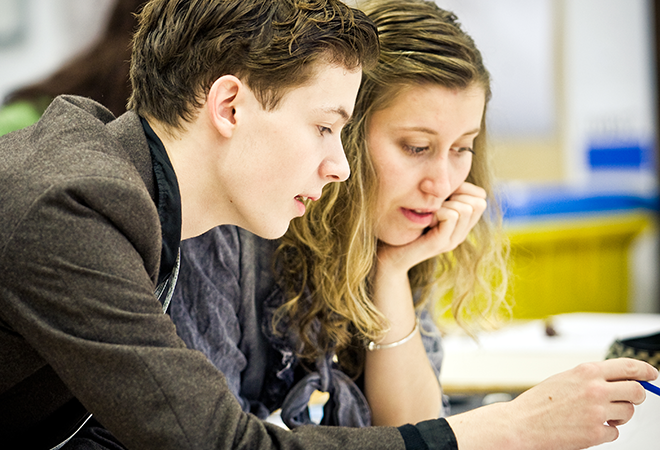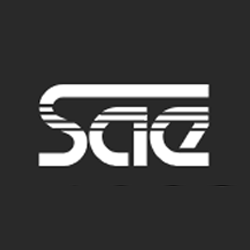
Ako atu, Ako mai: Kaiako collaborating, Learners collaborating
Status
Completed: 30 July 2019
Project Details
A one-year project, undertaken by the SAE Creative Media Institute in Auckland and Brisbane, to investigate whether working collaboratively enables Kaiako/teachers to examine their teaching and translate their research knowledge, skills and outcomes into their teaching practice to influence successful student learning.
Aims:
The project aims were to:
- establish a planned, collaborative environment for Kaiako to construct their pedagogical knowledge and explore how this translates in their teaching practice
- develop collaborative Kaiako/teachers to develop collaborative learners
- investigate how students benefit from learning collaboratively (second part of the project).
Methodology:
The project was guided by a preliminary model designed to make the interconnection between the Kaiako/teachers' pedagogical practice, their research as it informs their teaching, and student learning outcomes explicit.
Two strategies for collaborative practice were trialled:
- a Professional Learning Community (PLC) as a teacher collaborative reflection-on-practice mechanism with an embedded peer review and feedback process
- a student Community of Learning Group (CoLG) which will provide a mechanism to support students' development of meta-cognition, driven by a transferable skills matrix tool.
Research questions:
- Can working collaboratively enable Kaiako/teachers to examine their teaching and translate their research knowledge, skills and outcomes into their teaching practice to influence successful student learning?
- Does learning collaboratively influence students' learning experiences and outcomes?
Team

Dr Suzette Major
Project Lead
SAE Creative Media Institute, Auckland
Dr Steven Small
SAE Creative Media Institute, Auckland
Dr Luke McMillan
SAE Creative Media Institute, Brisbane, AustraliaStatus
Funding
$24,000.00 (excl GST)
Key Findings
This project proved to be a valuable and insightful way of determining how collaborative models such as a PLC and peer mentoring can enhance pedagogical knowledge. The project also allowed us to assess how effective such models were. Specifically, we found:
- Commencing the project with a training workshop provided Kaiako with an opportunity to explore the concepts of a PLC and peer mentoring as collaborative tools to support their teaching and research practices. The workshop enabled Kaiako to engage in and benefit from the PLC meetings and peer mentoring partnerships as there was an established understanding of the purpose and processes for these two activities and of their roles and responsibilities as PLC group members and peer mentors.
- The PLC meetings provided a place and space for Kaiako to share their teaching and research experiences, discuss and seek solutions to teaching and learning challenges, ask for feedback on their research projects, and explore opportunities for collaborating on projects that would enrich their students’ learning experiences.
- The PLC modelled an effective environment for Kaiako, enabling them to model the skills and behaviours of collaboration with their students.
- The PLC prompted Kaiako to engage in critical reflection on their practice. Reflecting on practice was further enhanced by their engagement in the peer mentoring partnerships.
- Peer mentoring provided a framework to guide Kaiako peer and self-review.
- Through peer mentoring, Kaiako build empathy for student peer learning processes.
- Peer mentoring provided a conduit between the PLC and continued professional development.
Key Recommendations
This report provides a summary of the project and outlines the methodology, findings and outputs.
(PDF, 744 KB, 29-pages)
- 30 July 2019